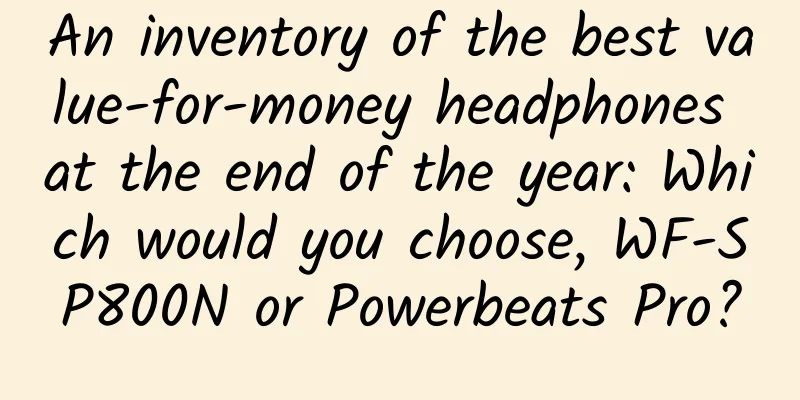Android device shutdown hijacking software appears in China

|
Antivirus company AVG recently discovered an Android malware called "PowerOffHijack" that works in a unique way: it hijacks the shutdown process. PowerOffHijack makes your phone look like it is turned off, and then snoops on your phone. In other words, when you press the power off button, your device does not actually shut down. Although you still see the shutdown screen and the screen turns black, your phone or tablet is actually on. When your Android device is in this state, PowerOffHijack will make phone calls, take photos, and "perform other tasks without the user's knowledge." Here’s how this Android malware hijacks your computer: First, it gains root privileges. Then, after gaining root privileges, the malware injects itself into the system_server process and hijacks the mWindowManagerFuncs object. Then, when you press the power button, a fake dialog box will appear. If you choose to shut down, it will show a fake shutdown screen with the screen off but the phone on. Finally, in order to make your phone look like it is really turned off, some system broadcast services are also hijacked. Here is the code for PowerOffHijack to record the call: Here is the code that PowerOffHijack uses to send a private message: While AVG has published numerous reports describing how PowerOffHijack hijacks the shutdown process, there is little information about the software itself. AVG did not explain how they discovered the malware, nor how it got onto Android devices. The fact that the software requires root access means it won't just access your phone while you're browsing the web. Most Android malware enters Android devices when users install suspicious apps from third-party app stores. "We found that this malware targets Android systems below 5.0, it requires root privileges, and so far we have found about 10,000 devices infected, mostly in China because it first appeared in China. We see it spreading in the Chinese app market," an AVG spokesperson told reporters. |
<<: Apple releases second beta of iOS 8.3 to developers
>>: Cortana UI is like this now, why don’t you chat with it?
Recommend
How to use Weibo marketing to create a brand fan festival?
How to use Weibo marketing to create a brand fan ...
Can farmers pay social security? How should I pay? What are the payment methods?
Every year, many farmers have headaches because o...
Case | Account optimization strategy to reduce ACP by 70% in the real estate industry
Today, Qingguajun will share with you an optimiza...
How does Tmall create anthropomorphic IP?
People say that the "New Year atmosphere&quo...
Xianyu Product Analysis Report: Is it reliable to use a trading platform to play a social card?
This product analysis report is mainly aimed at u...
Analysis of the current status of the video material market and advertising strategies!
Everyone is familiar with advertisements. There a...
Would you still love the new generation of Jeep Compass if it looks like this?
Recently, Jeep officially released the official p...
Why can’t you write copy like Durex?
Experienced copywriters all know that teaching ot...
In the history of chemistry, there are 3 diamonds that make people laugh and cry
Diamond is the hardest substance known in nature....
Say “no” to excessive permissions requested by mobile apps
With the rapid development of mobile Internet, va...
Why hasn’t the PC died?
Despite the growing popularity of smartphones, tab...
Soul product analysis report!
Socializing with acquaintances is the basis of ou...
Will there ever be a day when all QR codes are used up?
Author: Wang Rifang Reviewer: Chen Xudong With th...
April marketing promotion calendar, take it!
Important events in April: April Fools' Day, ...
Tik Tok product analysis report!
Tik Tok ’s functions are becoming more and more d...









